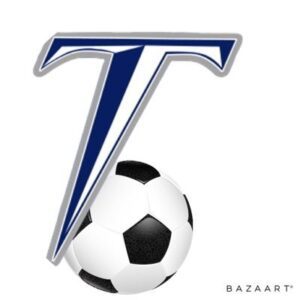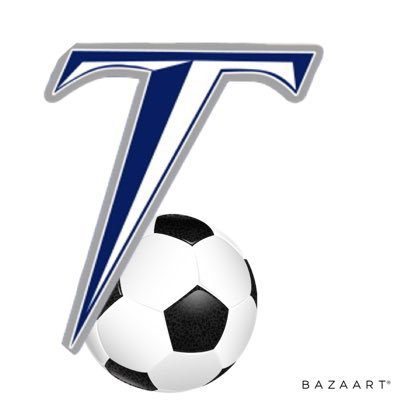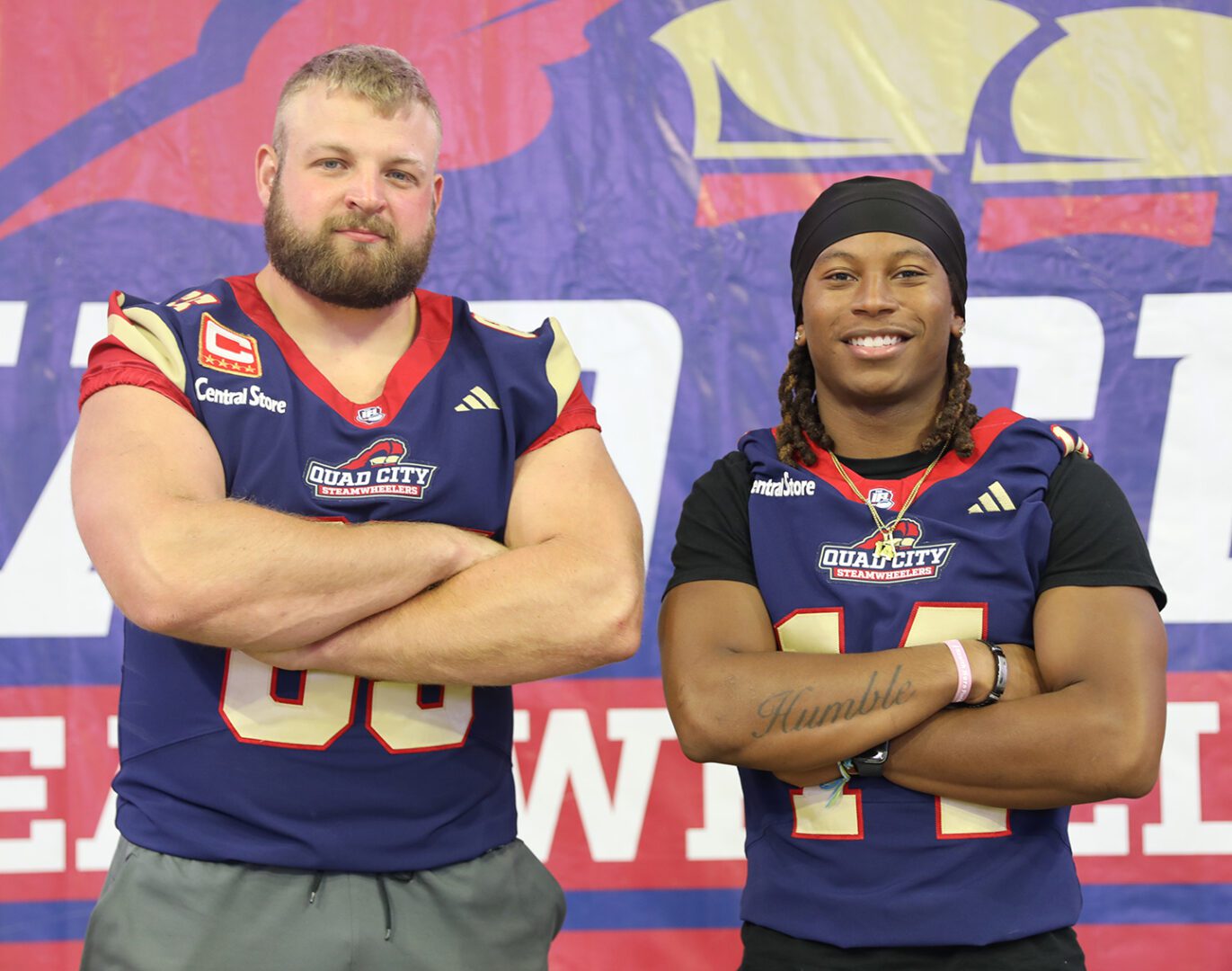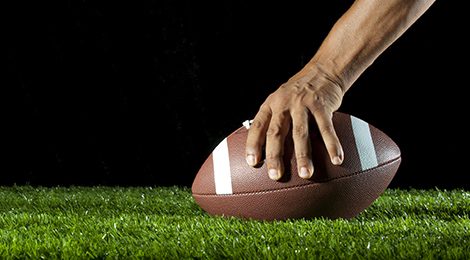August means high school and college athletes will be back in the weight room full time, building strength so they can excel on the field.
But for Brittany Delaney, an OSF HealthCare athletic trainer who works with high school athletes, keeping people safe in gyms and weight rooms is on her mind year-round.
“I see a lot of back and neck pain” from weight room injuries, she says. “I see muscle strains – hamstrings, quads, lats, pectorals. These kids don’t necessarily know the proper weight to start at.”
Tips to know
- Have good posture and body mechanics. Delaney says to have a wide base when lifting heavy weights, and lift with your legs and core, not your back. Bend your knees while keeping them straight, and bring your rear end down, she says.
“Avoid twisting motions at the torso,” Delaney adds. “Try to overexaggerate movements. When you’re doing a rotational exercise, move your feet, not just the torso.”
- Keep the weight close to your body.
- There’s no glory in trying to impress the room with a heavy lift, then injuring yourself. Instead, Delaney says to start with a light weight (talk to your coach or trainer on the exact number) and more repetitions, rather than a heavy weight and less repetitions.
“That way, we can work on mastering their form first. Make sure they’re doing it properly to avoid injuries,” Delaney says.
Delaney tells her athletes to try three sets of 10 repetitions. If you don’t feel pain or fatigue, you can try increasing the weight. For the upper body, go up by two and a half to five pounds. For the lower body, increase by five to 10 pounds.
- Do you need a spotter for every lift? Delaney recommends having a buddy watch you if you’re lifting a heavy weight or you’re in a position to drop the weight on yourself, such as a bench press.
“That would be a major injury if you’re bench pressing and drop a weight on your chest,” Delaney warns.
- Know how to use the equipment before strapping in.
The bottom line: Communication is key
“Communicate with your teammates and coaches,” Delaney implores. “It’s always OK to not know how to do an exercise and ask for help. In no situation should you be made fun of or be nervous about asking for help. Not doing so is when you’re going to get hurt.”
Learn more
Read more about how to keep your body in top shape on the OSF HealthCare website.
***Courtesy of OSF HealthCare***
















